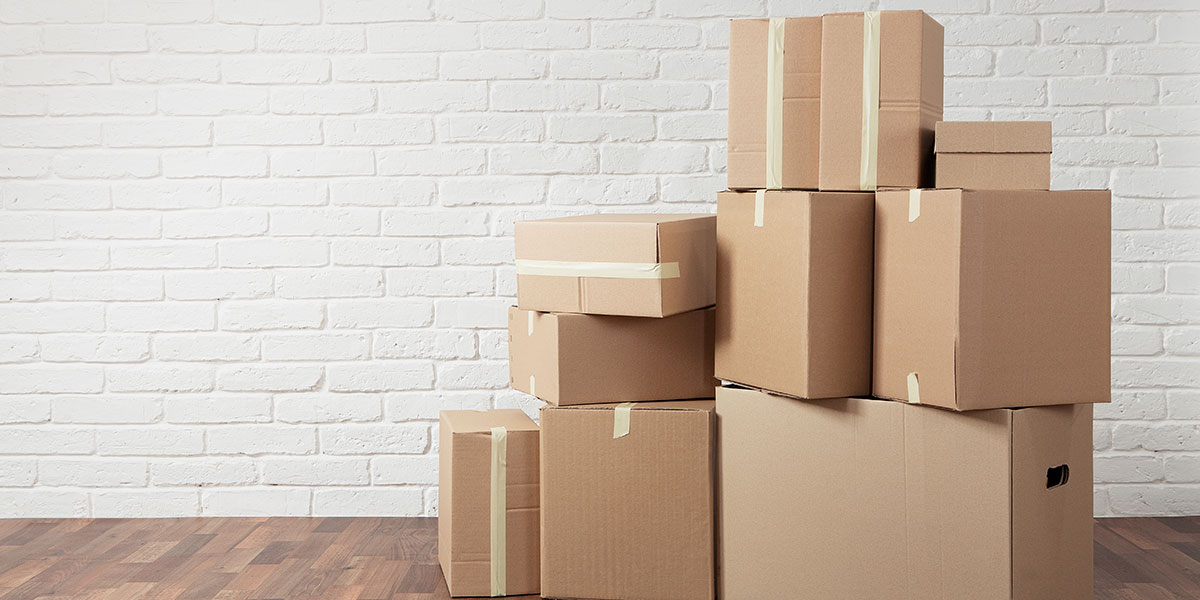| MOVING CHECKLIST BY ROOM |
|---|
| | Two Months Before Moving |
| | Sort through your belongings to reduce the number of things to move. |
| | Have a garage sale or donate items you no longer need to charity. |
| | Purchase packing supplies: boxes, packing material, tape, felt markers, and scissors. |
| | If you’re moving a long distance, make travel arrangements with the airline, hotel, and rental car agency. If you’re driving to your new home, get maps and plan your travel route. |
| | Save all moving receipts, as some moving expenses may be tax deductible. Check the current tax code for requirements. |
| | Place your legal, medical, financial, and insurance records in a safe and accessible place. |
| | Speak to your insurance agent about damage Valuation options. |
| | Schedule the disconnection of all gas appliances, water lines, and hard-wired electrical fixtures that Mercury Moving will be moving. |
| | One Month Before Moving |
| | Pack items that aren’t regularly used such as off-season clothes and decorations and items in storage areas (garage, attic, and closets). |
| | Make travel arrangements for your pets. |
| | If you’re driving, schedule a tune up for your car. |
| | Get medical records from your doctors, dentist, optometrist, and veterinarian. |
| | Send items (rugs, drapes, clothing, quilts, bedding) to the cleaners. |
| | Back up important computer files to portable media. |
| | Two Weeks Before Moving |
| | Contact your utility companies (gas, electric, water, cable, trash collector, and local phone service providers) and notify them of your move. |
| | Sign up for services at your new address. |
| | Contact your long distance phone company and notify them of your move. |
| | Confirm your travel reservations. |
| | Arrange to close or transfer your bank account, if relevant pick up items from safety deposit box. |
| | One Week Before Moving |
| | Pick up items from the cleaners, repair shops, or friends. |
| | Pack a survival kit of clothes, medicines, special foods, and so on to carry you through the day after arrival in your new home. |
| | Finish packing all boxes except for what you’ll need during the final week. |
| | Inform the post office of your upcoming move. |
| | Send change-of-address cards with your new address and phone number to: |
| | Friends and family |
| | Banks, insurance companies, credit card companies, and other financial institutions |
| | Magazines and newspapers |
| | Doctors, lawyer, accountant, realtor, and other service providers |
| | State and federal tax authorities and any other government agencies as needed |
| | Workplace, schools, and alma maters |
| | Voter registration office and motor vehicle bureau |
| | The Day Before Moving |
| | Remove hanging fixtures. |
| | Lay down old sheets in the entry and hallways to protect floor coverings. |
| | If doing any of the moving yourself, pick up the rental truck and a hand truck or dolly to move heavy boxes. |
| | If you’re driving, check oil and gas in your car. |
| | If you’re traveling, make sure you have tickets, charge cards, and other essentials. |
| | Moving Day – Carry with you: |
| | The keys to your new home. |
| | Map of new town and directions to your house. |
| | The telephone number of the moving company. |
| | Cash or traveler’s checks. |
| | Documentation related to the sale of your home. |
| | Your insurance policies and agent’s phone number. |
| | Your current address book or personal planner. |
| | Prescription and non-prescription medicines. |
| | Any important personal records and documents. |
| | Any items of great personal value to you that are virtually irreplaceable (for example, a photo album). |
| | Back-up copies of important computer files. |
| | Sheets and towels for the first night in your new home. |
| | Personal hygiene items (for example, toothpaste, soap, razor) |
| | Arriving at the Destination |
| | Show movers where to place furniture and boxes. |
| | Check inventory to ensure that everything was delivered before signing delivery papers. |
| | Note any damages on the inventory sheet. |
| | It’s helpful to have the movers read the inventory numbers on boxes and furniture while you check the inventory list. |
| | Unpack any valuable items, such as silver, art, and jewelry, upon arrival. |
| | Arriving at the Destination |
| | Label rooms |
| | Walk and drive around your neighborhood and community to orient yourself and your family. |
| | Get new driver’s licenses, library cards, voter registration cards, and bus passes. |
| | Enroll children in school. |


